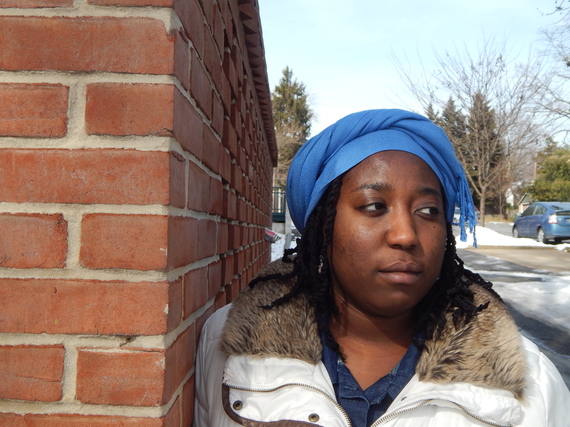President's Blog
Keys to the Shelter: New Ways to Empower Women Out of Homelessness

Unaccompanied women on the street and in shelters face unique challenges. Studies show that they often leave their living situations later than men in the downward-spiral process.
Women hang on longer, drawing help from friends, relatives, coworkers and fellow congregants. As a result, they tend to exhaust their natural resources to a greater degree than men, which can have an impact on the rebuilding process.
Being unaccompanied often means rebuilding without support from children and relatives. It can also mean being exposed to greater harm from exploitation and trafficking. The women may also lose the emotional fulfillment they receive from their role as nurturers.
Keeping all this in mind, it becomes even more of a necessity to develop effective, person-centered programming that empowers unaccompanied women to rebuild their lives. Friendship Place offers such an option.
The Haven, our shelter for women, a 15-year partnership between Friendship Place and St. Columba’s Episcopal Church has broken the shelter mold. The small community welcomes five women who stay one year on average and functions like a house, each woman receiving keys to come and go as she needs.
No more reporting to the site at 6PM and exiting by 7AM.
The residents are no longer obliged to wait in public places for the shelter to open. They can stay home and rest during the day if their schedules allow it. They can also accept jobs with non-traditional hours or take evening classes.
We have done away with overnight staffing. The women are trained to respond to emergencies and contact our on-call system if need be. Now, the residents support one another as members of the same household. They also cook meals together and plan evening activities.
This approach has improved health outcomes in the program, with the women getting more rest and not being exposed to the elements or to crowded waiting areas. Other individual outcomes and participant satisfaction have also significantly improved.
This simply makes sense: the women feel trusted and empowered. They are a part of the decision-making process and know they are treated with dignity and compassion by their new community — the Friendship Place community.
All put together, this is a very positive message to people who have lived through traumatic situations and faced extreme hardship.
So how did we get here?
Simple observation and common sense led the way. People do better in settings where they are engaged, trusted and energized. They feel more involved and show more ownership and responsibility.
From a monetary perspective, this new outlook also saves money. The trends in recovery programming show that most systems have done away with excessive overnight coverage because it is not only costly but also disempowering to residents who are perfectly capable of taking care of themselves at night.
Just like you and me.
So as it turns out, what is good for the participants is also good for the organization. This symmetry seems logical to me. I’m always happy to talk to the empowered women of The Haven and to see our staff go out during the day to make a difference for them and others in the community.
By Jean-Michel Giraud
President & CEO, Friendship Place
Huffington Post Blogger






